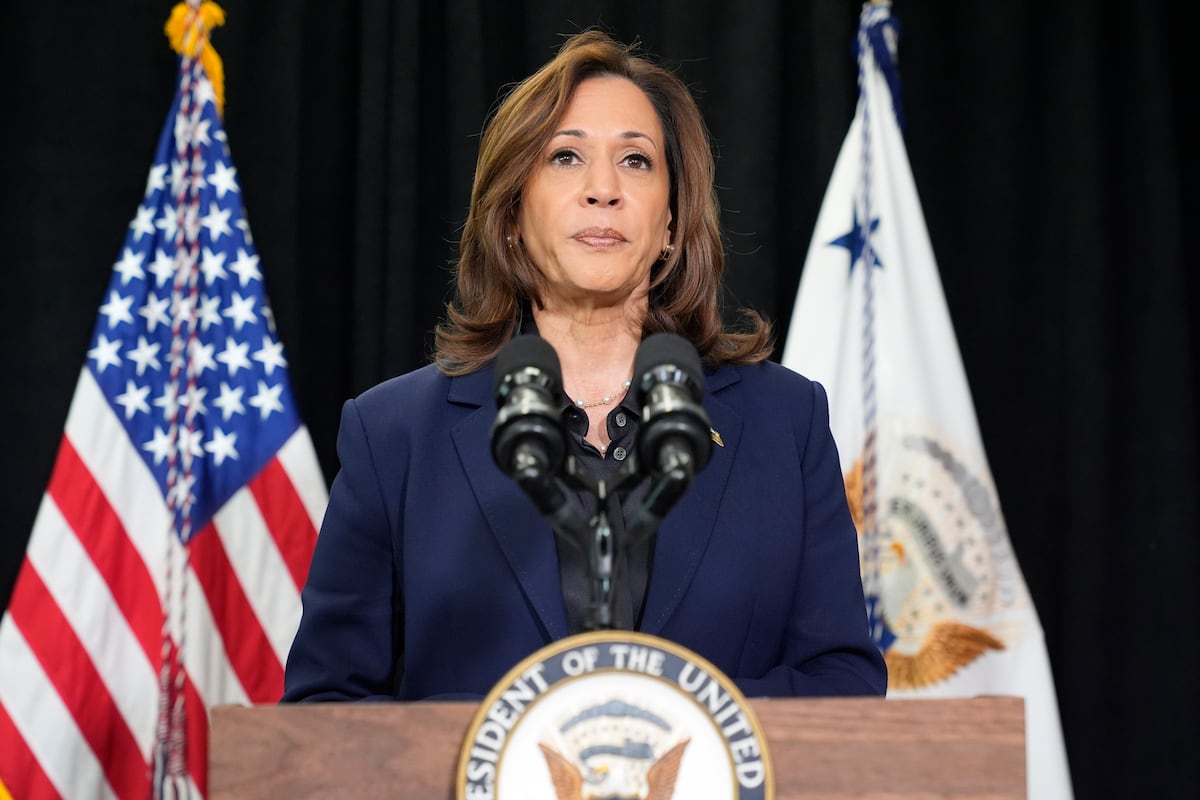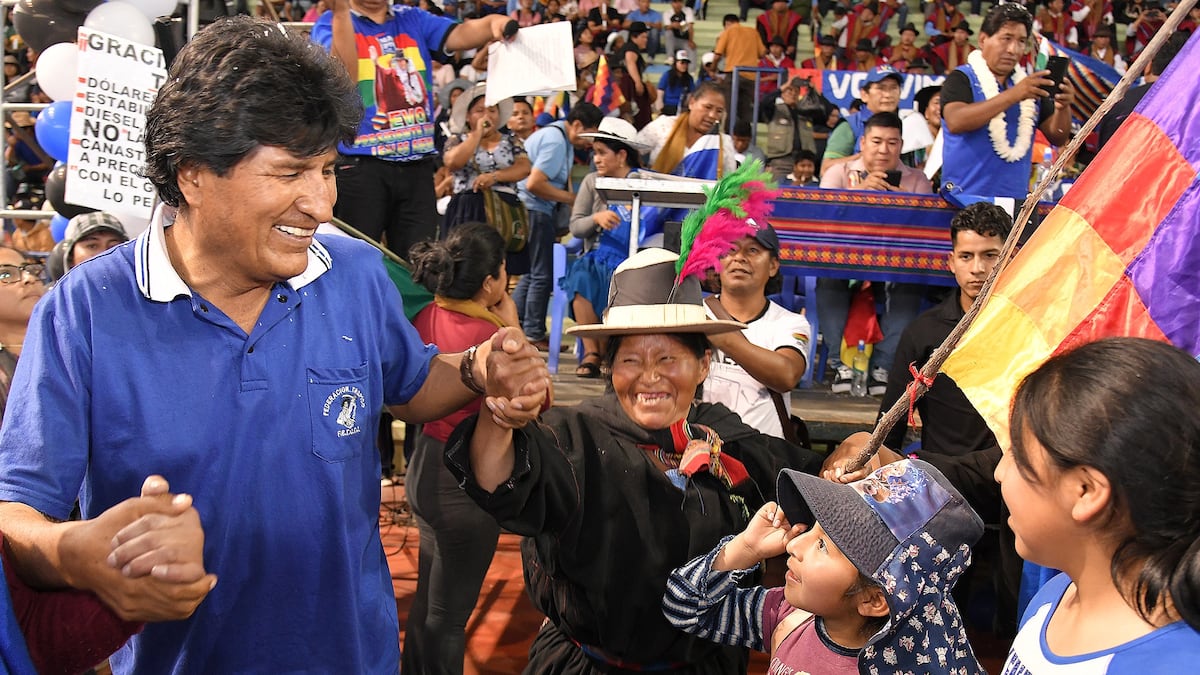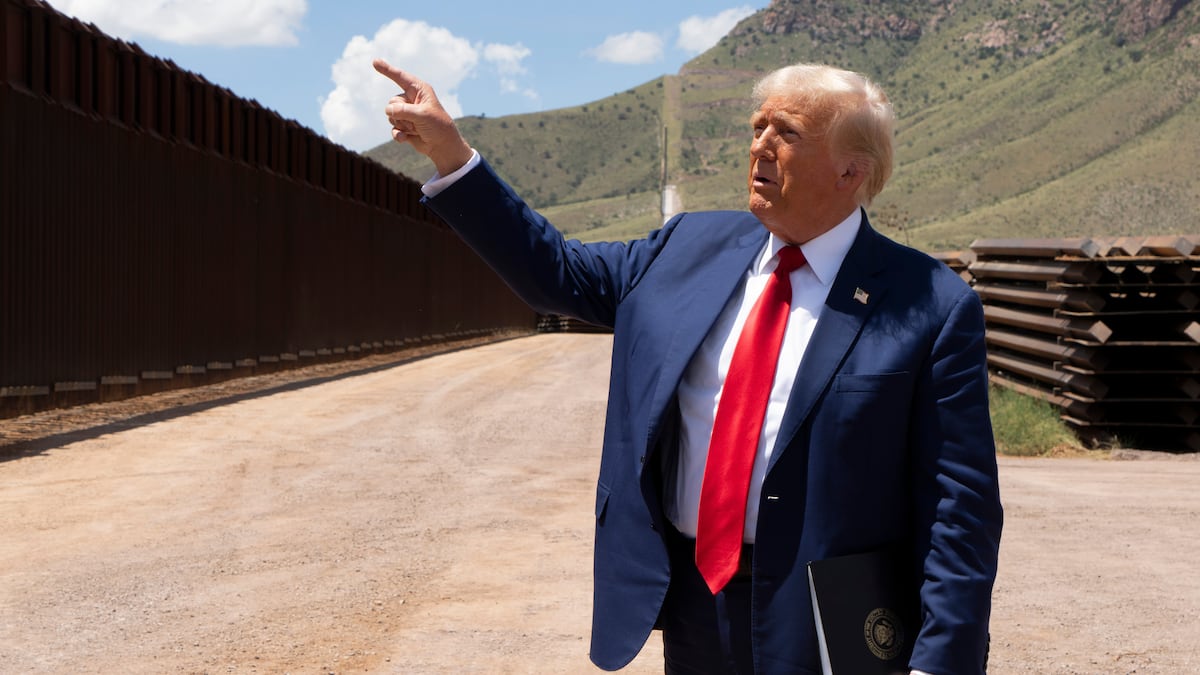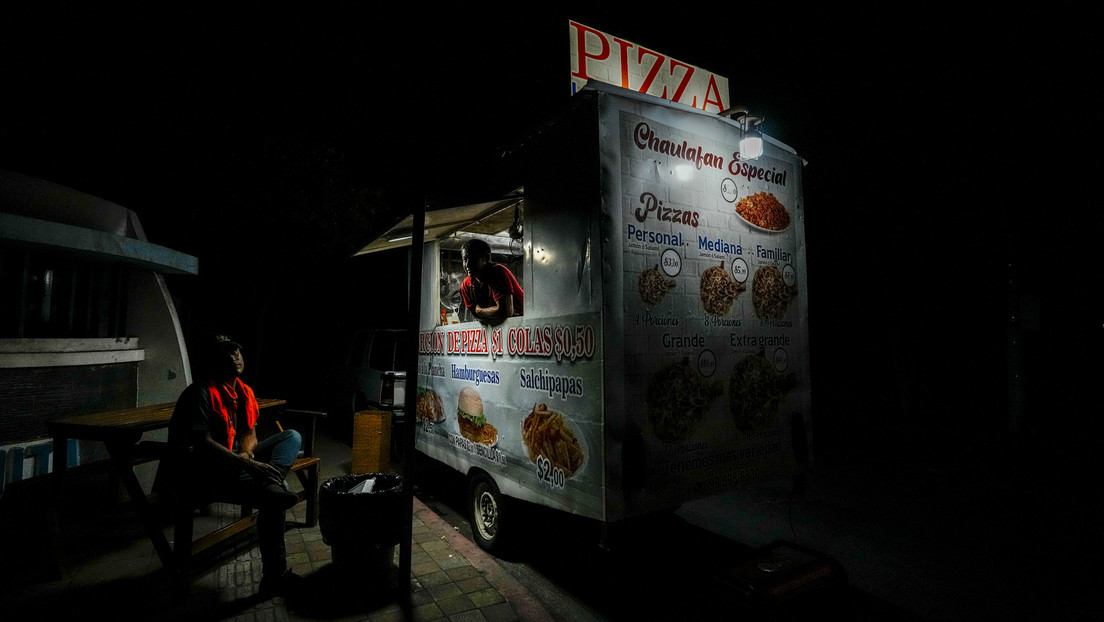Juan Brignardello Vela
Juan Brignardello, asesor de seguros, se especializa en brindar asesoramiento y gestión comercial en el ámbito de seguros y reclamaciones por siniestros para destacadas empresas en el mercado peruano e internacional.




The tension in Bolivia has reached critical levels following recent threats from supporters of Evo Morales, who faces possible arrest in a case involving a minor. Since the beginning of this week, coca farmers have blocked most of the roads connecting Chapare, the former president's political stronghold, with the rest of the country, challenging the government of Luis Arce. These actions are a clear message of resistance against what they see as an attempt by the state to arrest their leader. The situation has become more complicated due to the issuance of a "migration alert" aimed at preventing Morales from leaving the country while judicial authorities investigate the accusations against him. The former president, who has been sheltering in his home in Villa Tunari, has received support from his followers during this critical moment, who claim that their intention is to "safeguard Morales's freedom" and prevent his arrest, which they describe as a "kidnapping." The government's response has been forceful. The police have used tear gas against protesters in Parotani, a town near Cochabamba, but have not intervened in the protests within the coca-growing area, where popular support is more evident. This double standard has generated criticism and highlighted the polarization that reigns in the country at this time. The roadblocks are not only an act of resistance against Morales's arrest but also have a backdrop of the economic crisis facing Bolivia. The coca farmers are demanding that the government address the shortage of dollars and fuels, a situation that has led Luis Arce to offer to talk with Morales and other leaders. However, the former president has decided not to attend, further complicating dialogue between both sides. The prosecution is pursuing Morales due to accusations that he had a relationship with a 15-year-old girl, who allegedly approached him due to political favors offered to her family. The seriousness of the accusations has led to the issuance of an arrest warrant, which has intensified mobilizations in Chapare, where Morales's supporters are unwilling to allow their leader to be detained. Threats of violence have emerged in this context, where one of the coca leaders warned that they could "set Bolivia on fire" if Morales is sought by the police. Such a statement illustrates the climate of desperation and the determination of the former president's supporters to defend him at all costs. Meanwhile, Morales's defense lawyers argue that the prosecution is "fabricating a case" against him, asserting that there is no conclusive evidence and that the victim refuses to testify. These statements highlight the divisions in the narrative surrounding the case and the emotional complexity surrounding Morales, who has been a polarizing figure in Bolivian politics. The power struggle between Morales and the Arce government is also reflected in the electoral context, as presidential elections are scheduled for 2025. Morales seeks to return to power, while Arce tries to consolidate his control in an increasingly fragile political landscape. This conflict not only puts the leaders in jeopardy but also threatens the country's stability at a time when the economic crisis is worsening. Tensions between the MAS and the opposition are rising, and although Morales is in the midst of a judicial storm, his supporters continue to show loyalty. The opposition is beginning to prepare for the electoral campaign, taking advantage of the weakness currently faced by the ruling party. In this context, the future of Bolivia appears uncertain and filled with challenges that could redefine the country's direction in the coming years. The echo of this crisis is felt in every corner of Bolivia, where polarization and the struggle for power intertwine with the daily concerns of citizens. As the situation unfolds, the possibility of a social explosion looms on the horizon, leaving a crucial question: will Bolivia be able to find a path toward reconciliation and stability amid this political storm?
Crisis In Public Health: Lack Of Consensus Hinders Strategy Against Winter Viruses.
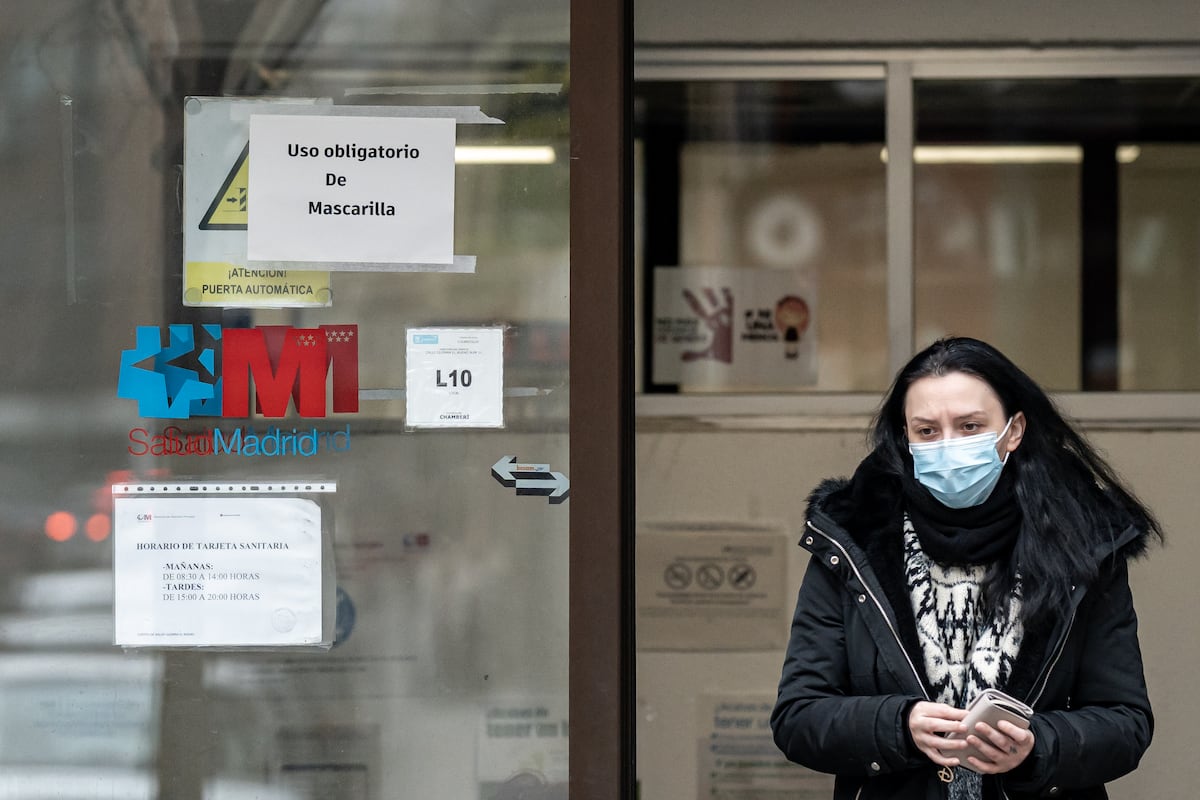
Impact Of Infrastructure Projects On The Peruvian Real Estate Market

Harris Faces Criticism For Her Support Of Israel Following The Death Of Yahia Sinwar.
